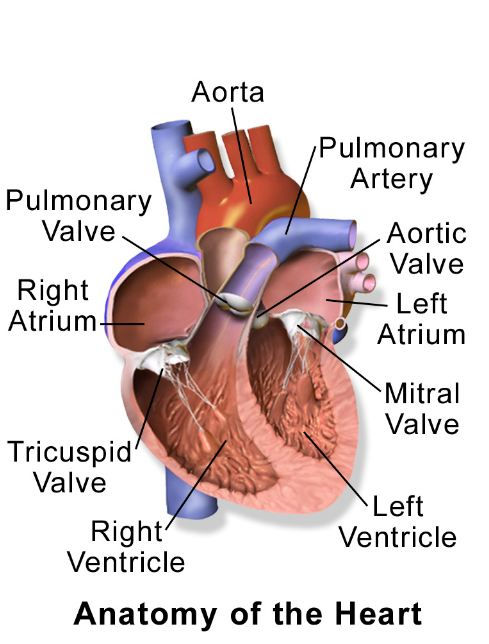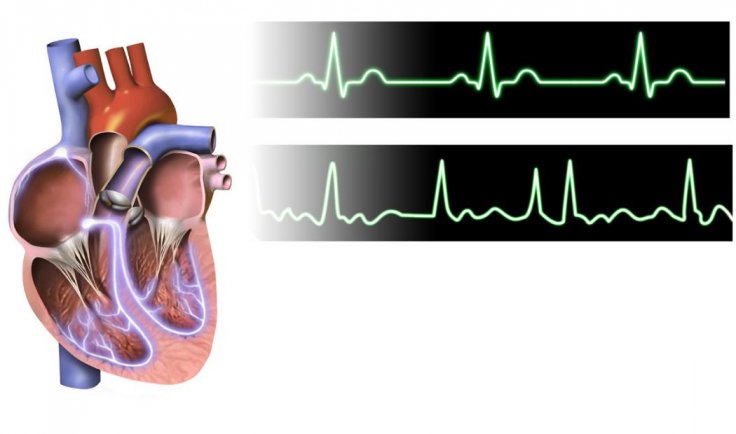Atrial fibrillation (AFib) or AF, is one of the most prevalent heart complications that is characterized by an irregular and rapid heart rate that affects blood flow within the heart. A new study by researchers from the Houston Methodist hospital has found that the concurrent administration of an infusion of ethanol, or alcohol, along with the standard treatment—catheter ablation—can serve as a successful treatment approach for the heart ailment.
According to the researchers, an infusion of alcohol to the vein of Marshall, a vein in the left atrium of the heart, administered in combination with catheter ablation was more effective in keeping patients of AFib in comparison to those who received only AFib.
"Among patients with persistent AF, addition of vein of Marshall ethanol infusion to catheter ablation, compared with catheter ablation alone, increased the likelihood of remaining free of AF or atrial tachycardia at 6 and 12 months," the authors wrote.

Erratic Beating of the Heart
AFib is a common form of arrhythmia—irregular rhythm (beating) of the heart. It can lead to stroke, blood clots and heart failure if left untreated. In people struggling with the condition, the upper chambers of the heart—the two atria—beat irregularly. This leads to reduced or inadequate flow of blood the lower chambers of the heart, the two ventricles, from the upper ones. This can lead to complications such as blood clots, stroke and heart failure if left untreated.
Some of the most common symptoms included Heart palpitations, fatigue, chest pains, shortness of breath and lightheadedness. According to the Centers for Disease Control and Prevention (CDC), the risk of AFib increases with age, and high blood pressure is a factor raising the risk of the condition. People with largely European ancestry are more likely to have AFib.

Treating Atrial fibrillation
Catheter ablation is used to treat patients with AFib in whom medicines do not yield the desired benefits. It involves the insertion of thin tubes known as catheters into the heart. Through these tubes, radiofrequency energy is used to destroy areas of the muscle tissue that cause erratic or disrupted electrical signals.
Vein of Marshall ethanol infusion is the introduction of ethanol into a small vein originating in the left atrium of the heart. Dr. Miguel Valderrabano, lead author of the study, first used the technique successfully in 2008.
The trial—Vein of Marshall Ethanol for Untreated Persistent AF (VENUS)—from which the findings of the study were derived, was a single-blinded trial conducted across 12 centers in the US. Patients were enrolled from October 2013 to June 2018, with the follow-up being concluded in June 2019.

A Shot of Alcohol Does Wonders
For the study, the authors enrolled 343 participants. Of these, 316 made it to the trial. The mean age was 66.5 years. Among them, 158 received catheter ablation, while others received a treatment that was a combination of both the approaches—ethanol infusion and catheter ablation.
At the six and 12 month milestone, It was found that 49 percent of the patients who received combination treatment did have AFib. However, among those who received only catheter ablation, only 38 percent remained free of the condition.
The promising findings of the study suggest that a combination approach has the potential to serve as an efficient first-line treatment, and with the possibility to become the standard care in the future. Also, it can offer patients the option of requiring only one interventional procedure in order to recover, thereby, eliminating worry and stress associated with multiple surgical procedures.









